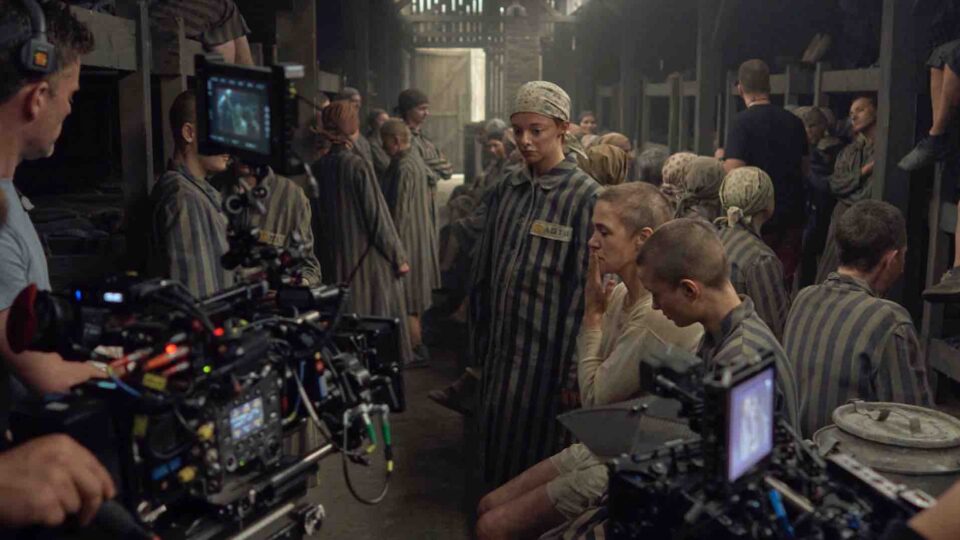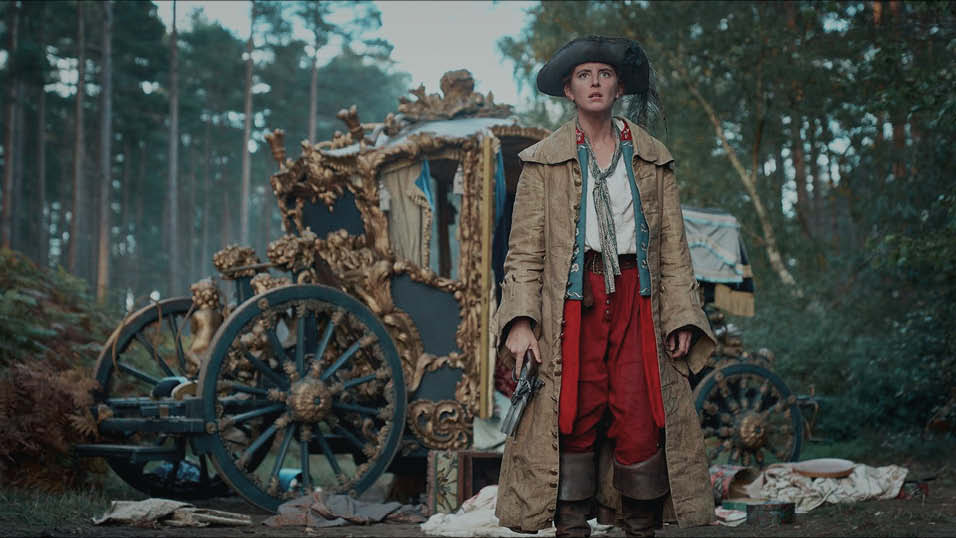Sony Pictures Television’s president of international production, Andrea Wong tells Jon Creamer why the UK is crucial to the US studio’s search for ideas and production partners
Mergers and acquisitions are not a new phenomenon in the UK’s indie scene. The rise of the superindie is a story at least a decade old.
But the latest chapter in this tale has been the emergence of international buyers, particularly US studios, who have begun to take a greater interest in UK production companies of all stripes – NBC Universal bought Carnival, Warner Bros bought Shed, Newscorp bought Shine and Sony Pictures Television (SPT) got into the game too.
And at the tail end of last year, SPT made a big statement of intent by announcing that Andrea Wong, the US exec behind the development and commissioning of hit formats like Dancing With the Stars, The Bachelor and Extreme Makeover during her tenure at ABC, would be moving to London to run SPT’s international production operations and hunt for new indie acquisitions and joint ventures.
SPT had already made a start on that with a stake in fact ent indie Gogglebox Entertainment and the launch of Victory Television, a joint venture with ex-Sony Pictures exec Victoria Ashbourne. But Wong has recently stepped things up a gear, buying Daisy Goodwin’s Silver River earlier this year in a deal rumoured to be worth £12m. There are also ongoing talks to buy Andy Harries’ drama indie Left Bank in a deal worth something north of £40m although all Wong will say about that deal is that she "can’t comment on that, so there’s nothing really to say right now."
She’s more forthcoming on SPT’s continued ambitions to buy, and help start up, UK indies. "Our goal is to build in the UK because Sony has not had as strong a presence as it would have liked to in the past," she says. "So you’ll see us acquire companies and initiate start ups in all areas of television."
SPT already has a group of 17 production companies in 15 different countries but the focus is now to build up the UK side. "The UK market is the most important market in terms of content creation," she says. And that’s down to the UK’s unique television ecosystem. "The independent sector’s thriving here. You’ve got commissioners who would rather commission a paper format than a hit show from another country. You get a lot more new ideas tried here and the runs of shows are shorter so there’s more time for new ideas."
And that means "creativity abounds here" across the genres and all genres are in her sights. All kinds of deals are on the table too. "We’re very flexible on our deal making. It could be start ups with established people or already established companies. It varies depending on the opportunity and it’s really about the people.” And the right fit is a hard thing to define. "It’s chemistry, it’s culture. We have to see eye to eye on what we want out of our partnership."
She says part of what she can do for those indies is firstly "taking all the operational burdens off of them that they want. Whether it’s IT or finance or HR, all those things that distract from being creative, we can do for them."
But there are creative benefits too, she says. "Wayne Garvie is here as the chief creative officer. His role is to help them be even stronger creatively whether its through cross collaboration among the group, taking our central development fund and infusing some of those resources into what they’re doing or just connecting people and helping them with their ideas." The other offer from a big US studio is of course sheer scale and “leverage. Everything from a strong distribution system to helping these companies enter the US through our US studio."
What Sony wants from the deals it makes is simple: content, and content that travels, whether it’s factual shows, entertainment shows or scripted shows. As to what defines what shows travel well, Wong says at the core it is something that "touches people emotionally. The human experience is very relatable no matter where you are in the world. So with The Bachelor, everybody knows what it feels like to be in love, everybody’s been dumped, everybody’s dated, so it’s a very relevant and resonant emotion." And the same is true of scripted shows that get remade elsewhere. "With Everybody Loves Raymond, the essence of that show has worked in other countries because it’s about the family and the stories are relevant no matter where you are in the world."
But, in the end, it’s not an exact science. "I’m not usually surprised by what is a hit but I’m sometimes surprised by a show you think’s really good that doesn’t work. You need a great idea, great execution. It has to be scheduled properly, marketed properly, be on the right network. In order to have a hit show all the stars have to align."
This interview was first published before Sony Pictures Television’s acquisition of Left Bank was finalised
Jon Creamer
Share this story

















